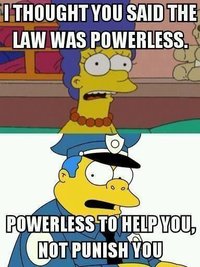Comm2A is pleased to announce that we have won a case in Suffolk Superior Court on the issue of FLRB failing to grant proper hearings for rights restoration. The FLRB was denying outright all requests for restoration on the basis that federal law prevented recipients of the restoration from lawfully possessing firearms. This has been firmly rejected in almost a dozen cases Comm2A has quietly been taking on the issue. We have supported, through attorneys Jason Guida (@MassachusettsFirearmsAttorney) and Keith Langer, a host of cases culminating in 3 appeals cases to the Superior Court. See link for text of the courts well reasoned opinion in Capano v. Dunne. Comm2A will not rest until this issue has been litigated to completion. The absurdity of the FLRB's position, and the ATFs, on this issue needs to be addressed. A prerequisite to firearms rights restoration does not, and never was, the need to lose your voting, public office, and juror rights.
Read the memorandum of decision in our recently won court case here,



![Laugh [laugh] [laugh]](/xen/styles/default/xenforo/smilies.vb/012.gif)